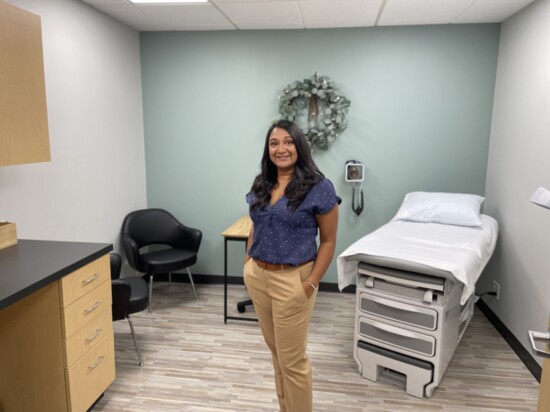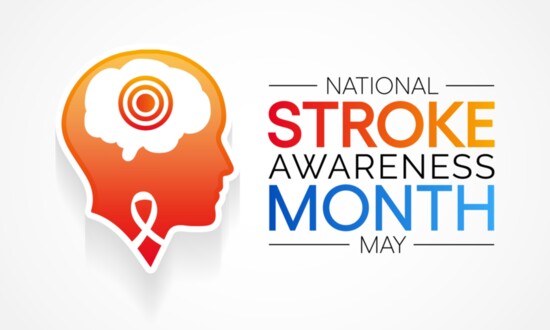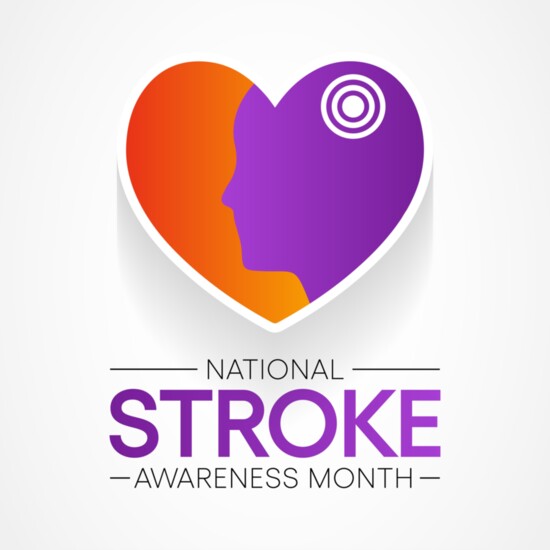May is Stroke Awareness Month, and we consulted Dr. Anju Visweswaraiah (Dr. Vish) from Pragma Family Medicine to educate us on how we can identify stroke warning signs, employ preventative measures, look out for critical risk factors, and outline how strokes may manifest differently in women than in men.
Dr. Vish shares that strokes may present with a number of warning signs. Noticeably, chest pain, difficulty moving your arms and legs, slurred speech, and a facial droop are consistent signs of an impending or already occurred stroke. More subtle signs may be confusion or a severe headache. Many stroke patients describe them as “the worst headache of your life." Although it may be easy to shrug it off as just another headache, it may, in fact, be a harbinger of a dangerous process to the brain itself.
To prevent this catastrophic condition from manifesting in the first place, Dr. Vish has some tips, starting with consistent check-ups with your primary care doctor. The biggest things we can do to prevent stroke are to control high blood pressure, to quit or reduce smoking, and to manage cholesterol, diabetes, and other chronic illnesses. All of these are conditions that can be addressed and managed by your primary care doctor, but many of these conditions are what are known as “silent killers” which means they can be causing harm without even showing symptoms.
“A lot of people think that if they don’t feel badly, they don’t need to get regularly checked. But waiting until you start having symptoms may be too late to reverse the damage from things like diabetes and high blood pressure.”
Furthermore, strokes can happen to anyone, regardless of age. While young people tend to have less risk factors for strokes, genetic dispositions can render them more susceptible. Blood clotting disorders, aneurysms, and blood vessel disease can be genetic conditions that develop without a young person knowing it, only to cause harm later in life. Certain medications and high risk habits can also lead to unexpected strokes.
Above all else, the top risk factor for strokes is high blood pressure, or hypertension. Smoking, whether it be cigarettes or marijuana, is a close second. Also high on the list of risk factors are diabetes, high cholesterol, and a sedentary lifestyle, as mentioned previously. Keeping a stroke at bay is largely dependent on leading a healthy, active lifestyle with regular health check-ups.
When asked how strokes may manifest differently in men and women, Dr. Vish mentions, “Symptoms like headaches, chest pain, fatigue, and even neurological symptoms may go more unnoticed, because they’re not as typical in a woman as what you’d see in a man.”
In a time where many women are full-time mothers who also work outside the home, the constant juggling of obligations mean these symptoms often fly under the radar. Dr. Vish says women can be at risk of downplaying or fighting through their symptoms, “Because of their busy lifestyle and family responsibilities, and prioritizing other’s needs and health before their own.”
This Stroke Awareness Month, if you or someone you know is at risk, be sure to take Dr. Vish’s advice into account or share it with someone who needs it. You can reach Dr. Vish and the offices of Pragma Family Medicine by calling 720-790-8007 or visiting their website at pragmafamilymedicine.com.




